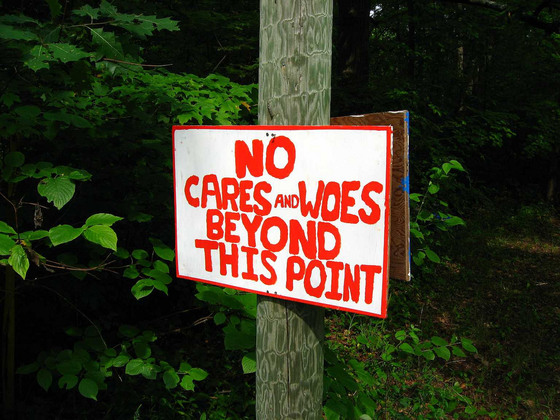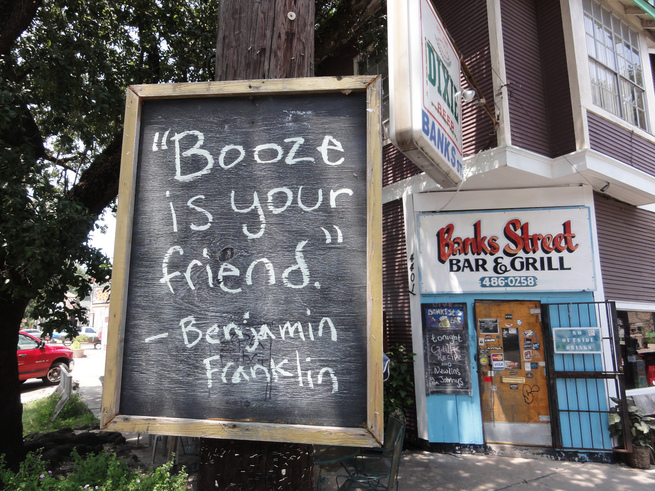I suppose that’s understandable for secularists of all stripes, given the sad state of today’s world. But it really shouldn’t be an issue for those who profess to be followers of Jesus Christ. After all, He has commanded us not to fret 365 times in the pages of the Bible; shouldn’t we obey Him?
It's true that, now and then, I find myself back on my pre-salvation worry treadmill. But the Holy Spirit has given me a new line of thinking to pursue – one that almost invariably sends my fears packing. Perhaps you’ll find it helpful.
Whenever I find myself worrying about a particular trial, I talk to God about the situation, casting my care upon Him because He cares for me (1 Peter 5:7). I then meditate on a few simple truths:
- God is sovereign over His entire creation – including every last cell in my body and every circumstance I face. He understands my situation perfectly. And He has everything under complete control, ready to serve His good and perfect purposes.
- He has promised to make all things work together for good to all who love Him and are called according to His purpose (Romans 8:28) – and that would include me. I have seen this happen time and time again in my own life, and in the lives of Christian friends. It helps to review some of these remarkable events from His point of view, and to remember how disastrous they seemed initially from our limited human perspective.
- I can’t know what blessing He has in store for me through this trial; I can be sure He does, however. So I ask Him not to remove the trial but for His will to be accomplished through it. And I try very hard to mean it every time.
- He has already told me how to handle such fears, and I need only recall His instructions. Philippians 4:6-7 is often a great place to start: “Be anxious for nothing, but in everything by prayer and supplication, with thanksgiving, let your requests be made known to God; and the peace of God, which surpasses all understanding, will guard your hearts and minds through Christ Jesus.”
- He has also shown me the big picture of His lifelong care for me, especially via Psalm 23. I love to think through every word and phrase of this beloved little chapter, drawing on the insights provided by the late Phillip Keller in his precious book, A Shepherd Looks at the 23rd Psalm.
I have yet to emerge from this meditation without feeling great spiritual refreshment – and welcome freedom from whatever was worrying me in the first place.







 RSS Feed
RSS Feed